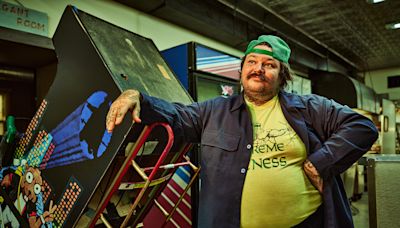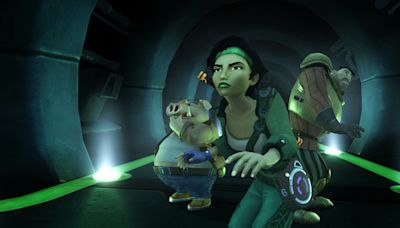Search results
Diary for My Children (Hungarian: Napló gyermekeimnek) is a 1984 Hungarian drama film directed by Márta Mészáros. It was entered into the 1984 Cannes Film Festival, where it won the Grand Prix Spécial du Jury. In July 2021, the film was shown in the Cannes Classics section at the Cannes Film Festival.
May 3, 1984 · Diary for My Children: Directed by Márta Mészáros. With Zsuzsa Czinkóczi, Ágnes Csere, Anna Polony, Teri Földi. Having lost her parents to Stalin's purges, a girl returns from Soviet Union to her native Hungary to live with her Stalinist aunt.
- (1K)
- Biography, Drama
- Márta Mészáros
- 1984-05-03
Directed by Márta Mészáros • 1984 • Hungary. Starring Czinkóczi Zsuzsa, Jan Nowicki, Anna Polony. One of Hungary’s most acclaimed filmmakers, Márta Mészáros, drew on her own wartime experiences to craft this haunting portrait of a young woman coming of age at a turbulent historical moment.
Diary for My Children. Directed by Márta Mészáros • 1984 • Hungary. Starring Czinkóczi Zsuzsa, Jan Nowicki, Anna Polony. One of Hungary’s most acclaimed filmmakers, Márta Mészáros, drew on her own wartime experiences to craft this haunting portrait of a young woman coming of age at a turbulent historical moment.
The Hungarian filmmaker Márta Mészáros is best-known for her thirteenth feature film, Diary for My Children (1984), the first in a trilogy of semi-autobiographical dramas. Through the teenage protagonist Juli (Zsuzsa Czinkóczi), Mészáros offers a glimpse into her own adolescence in the late 1940s.
The orphan Juli and her grandparents, the remnants of the former emigrant family, return home from the Soviet Union at the end of the 1940s. Her aunt, prison director Magda, attempts to bring up the resolutely stubborn teenager to have blind faith in communism. She does not succeed.





